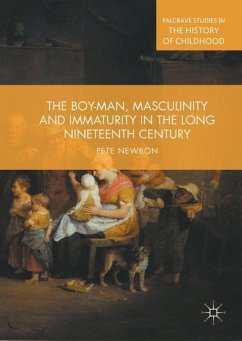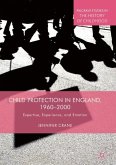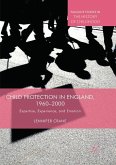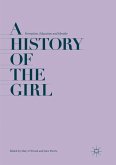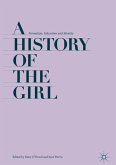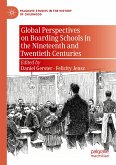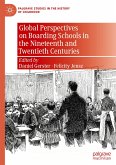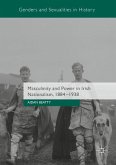This book explores the evolution of male writers marked by peculiar traits of childlike immaturity. The 'Boy-Man' emerged from the nexus of Rousseau's counter-Enlightenment cultural primitivism, Sensibility's 'Man of Feeling', the Chattertonian poet maudit, and the Romantic idealisation of childhood. The Romantic era saw the proliferation of boy-men, who congregated around such metropolitan institutions as The London Magazine. These included John Keats, Leigh Hunt, Charles Lamb, Hartley Coleridge, Thomas De Quincey and Thomas Hood. In the period of the French Revolution, terms of childishness were used against such writers as Wordsworth, Keats, Hunt and Lamb as a tool of political satire. Yet boy-men writers conversely used their amphibian child-adult literary personae to critique the masculinist ideologies of their era. However, the growing cultural and political conservatism of the nineteenth century, and the emergence of a canon of serious literature, inculcated the relegation of the boy-men from the republic of letters.
"Newbon is careful throughout his book, not to over-simplify the nature of the Romantic boy-man. ... Newbon's book is engaging throughout, and if his objective was to educate the reader on the shared attributes of the Romantic boy-man, he has certainly achieved this." (Sophie Phelps, The Charles Lamb Bulletin, Issue 174, 2021)
"This is an erudite book and a valuable contribution to masculinity studies." (Tracy Hayes, BAVS Newsletter, Vol. 20 (1), 2020)
"This is an erudite book and a valuable contribution to masculinity studies." (Tracy Hayes, BAVS Newsletter, Vol. 20 (1), 2020)

